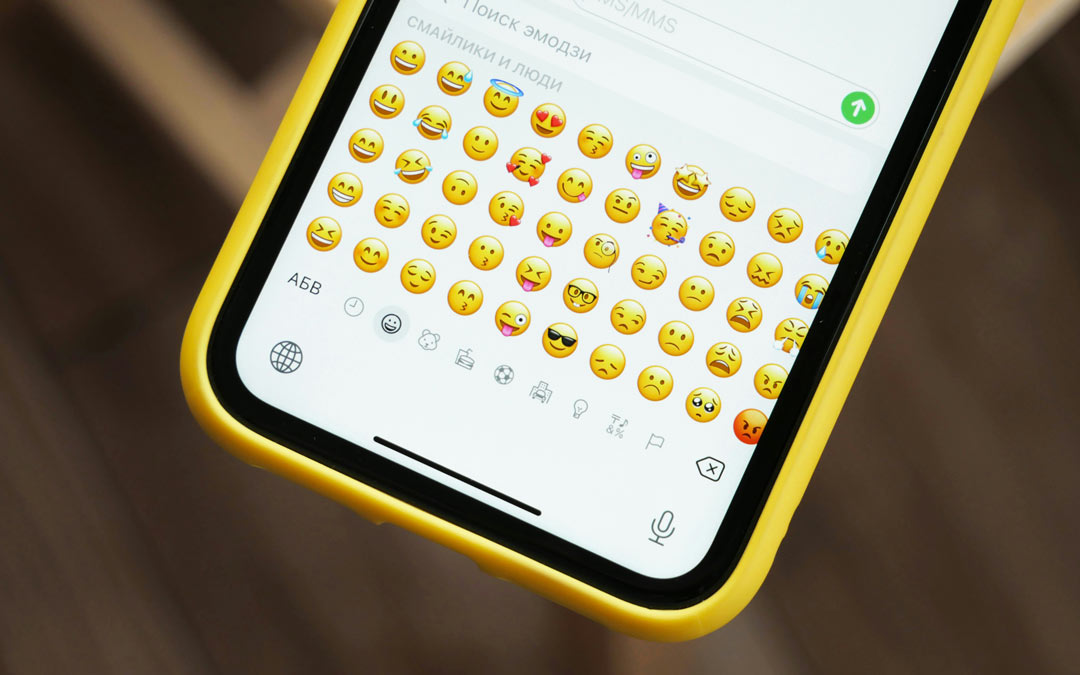
Recently, as I browsed the web, I landed on a meme so funny and relatable that I just had to share it with a friend and as it got delivered, I waited anxiously for her reaction and reply, for in my mind, I knew I had sent a message with meaning. This got me thinking about how the ways we communicate today have evolved. Here I was sending a completely unrelated meme to someone and hoping they would understand the underlying sentiment and reply accordingly. A little while back, SMS was the way to go, yet today, I don’t even remember when I last had to purchase an SMS bundle.
Eventually, I established that this form of communication was quite common. We’ve all done it at a point—sent a TikTok video to a friend, an Instagram reel or even a song that expressed what we wished to say and communicate. We send these short “treats” to those we care about or hold in high regard and anxiously wait for responses; a modern exchange known as “pebbling”., like penguins 😂.
Pebbling Meaning Explained
The word pebbling, in itself, derives inspiration from gentoo penguins that present pebbles to their mates as a sign of affection and as part of their courtship ritual, now adopted into the digital age as a way to connect and show appreciation through online content—memes, GIFs, short videos…
The act of pebbling is considered a modern love language, often used in romantic relationships, but can extend to friendships and family bonds. Sending a meme or a funny video to someone can brighten their day and create a sense of humour or interest.
Pebbling works on the fundamental human need for connection and recognition. When you see a meme that makes you laugh and immediately think of a friend who would also find it hilarious, sending it their way is a digital equivalent of saying, “I saw this and thought of you.” A small gesture that could mean a lot, especially in today’s fast-paced and isolating world.
Pebbling is a testament to how our modes of communication and expression of love evolve and change with technology. That even in today’s distracting and self-isolating world, we find a way to laugh and enjoy together.
While pebbling originated in romantic contexts, it has expanded to various types of relationships. Friends, siblings and even parents and children engage in pebbling to maintain bonds.
One of its significant benefits is its accessibility. In a world where almost everyone has a smartphone, sending a quick meme or video becomes the go-to way of saying hi. A conversation started on a boring day.
But pebbling isn’t just about the act of sending—it’s also about the anticipation of a response. We send these snippets with a mix of excitement and curiosity, eagerly awaiting the ping of a notification that signifies a reply. It’s a moment of connection in our fast-paced digital lives, where a brief exchange can brighten a day or strengthen a bond
As I reflect on how communication has evolved, I realise that pebbling isn’t just a trend—it’s a reflection of our need for connection in a world where time and attention are precious commodities. It’s a reminder that in the vast sea of digital content, there are small gestures that can still make a big impact.
So the next time you send a meme, a video clip or a song lyric to someone special, remember that you’re not just sharing content—you’re pebbling. You’re sending a digital pebble across the vast landscape of the internet, hoping it lands in the heart of someone who matters to you.